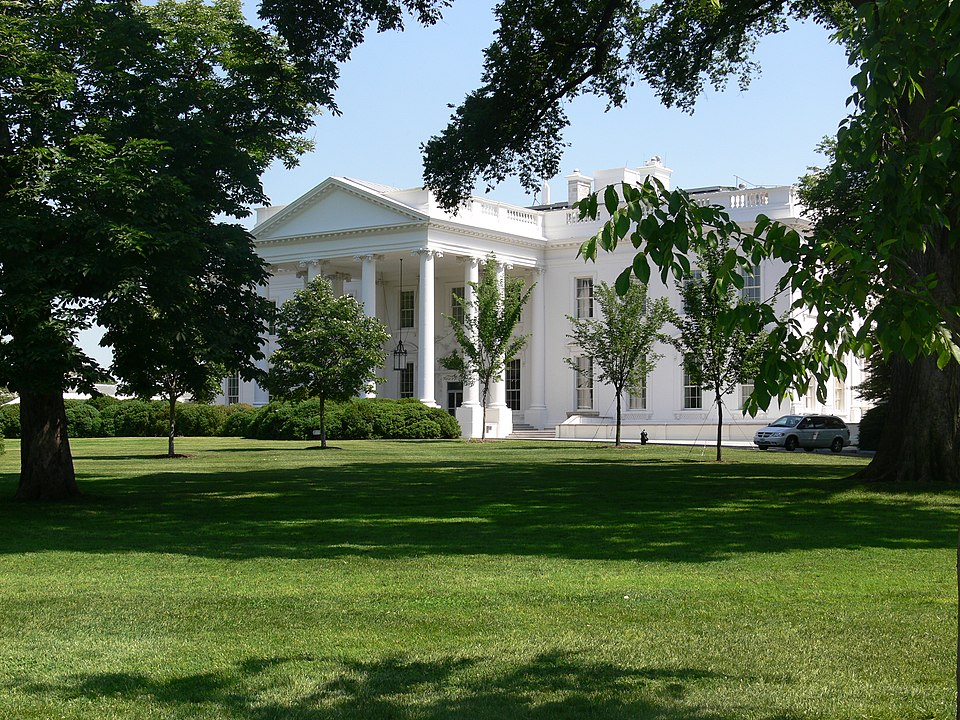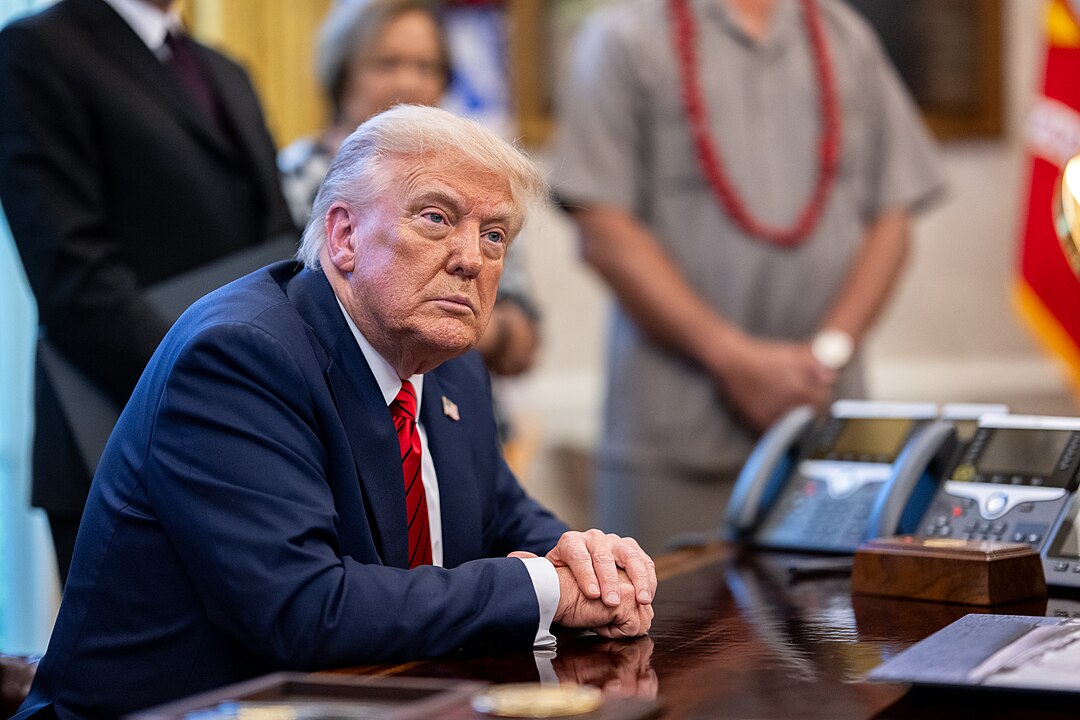On Tuesday, the Federal Emergency Management Agency reportedly suspended more than 20 employees who signed an open letter arguing the Trump administration had undone years of post-Hurricane Katrina progress at the disaster relief agency, multiple sources told CBS News.
Monday’s open letter to Congress — known as the “Katrina Declaration” — said it was signed by 191 current and former FEMA employees. Some 35 attached their names, while the rest said they withheld them over fear of retaliation.
Some of the current FEMA employees who used their names received emails on Tuesday night saying they had been placed on paid administrative leave “effective immediately, and continuing until further notice,” according to copies of the emails reviewed by CBS News.
“While on administrative leave, you will be in a non-duty status while continuing to receive pay and benefits,” the letter read. The staffers were told not to visit FEMA facilities, access the department’s telecommunication systems or carry out any of their official duties, aside from responding to inquiries from the Department of Homeland Security.
The agency also told staff that they must remain available to work during business hours.
In a statement, FEMA called the signatories “the same bureaucrats who presided over decades of inefficiency” and accused them of having “forgotten that their duty is to the American people not entrenched bureaucracy.”
“Our obligation is to survivors, not to protecting broken systems,” FEMA continued. “Under the leadership of Secretary Noem, FEMA will return to its mission of assisting Americans at their most vulnerable.”
FEMA acting press secretary Daniel Llargues responded to the letter Monday by defending the Trump administration’s record of handling natural disasters and arguing FEMA was previously “bogged down by red tape, inefficiency, and outdated processes.”
“The Trump Administration has made accountability and reform a priority so that taxpayer dollars actually reach the people and communities they are meant to help,” Llargues said. “It is not surprising that some of the same bureaucrats who presided over decades of inefficiency are now objecting to reform. Change is always hard. It is especially for those invested in the status quo. But our obligation is to survivors, not to protecting broken systems.”




